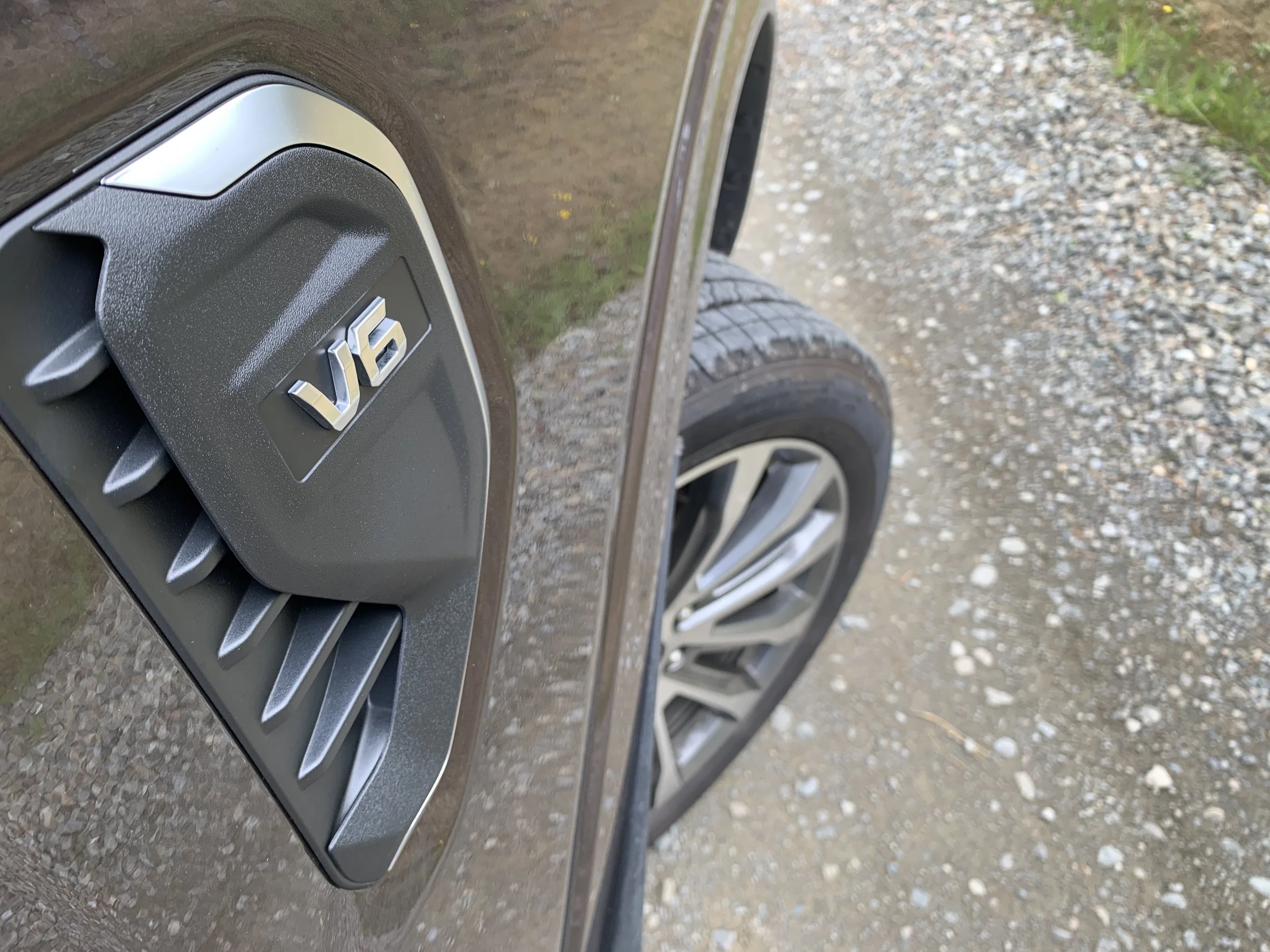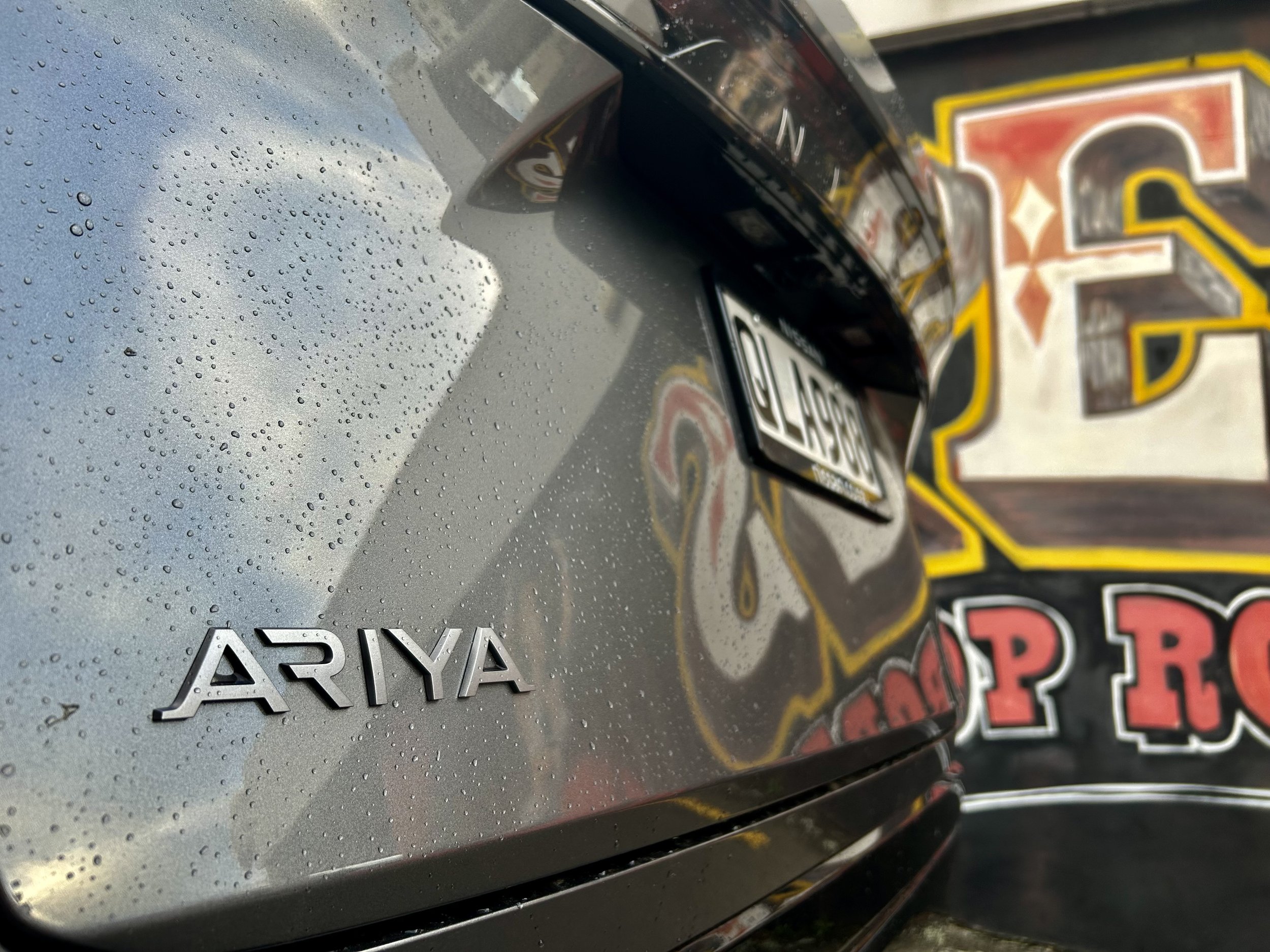Porsche now done with diesel?
/That diesel now appears to be in Porsche’s past is probably not good news for the brand’s local distributor.
THE two most popular Porsche models in New Zealand potentially face an interesting future here with apparent confirmation from the factory that the engine type most favoured by Kiwis is kaput.
Germany has today told international automotive media that it intends to end production of all its diesel vehicles – a decision that conceivably has particular implication for New Zealand, where the Macan and Cayenne sports utilities achieve dominant volume, historically in diesel formats.
The brand’s decision to pull out of diesel production for “the foreseeable future” (if not forever) firmly ends speculation about this kind of powertrain going into the latest Cayenne, which released here this year purely in petrol format. Until now, Porsche has been hedging about whether a new diesel was coming for the big rig.
A diesel Cayenne potentially would have been welcomed by Kiwis; the 3.0-litre V6 and 4.2-litre V8 diesels enjoyed huge popularity in the previous shape car.
Macan’s success here is also largely driven by its diesel variants.
Regardless, diesel has become a dirty word for this brand in the wake of the emissions scandal that embroiled parent Volkswagen. Porsche was embarrassed to have to haul its diesel V6 product out of North America when that motor was found to caught up in the cheating.
Porsche New Zealand has been asked to comment on the implications, as it sees them, of this decision and also about the marque’s new plan, which is to push ahead at full speed with electric powertrain development.
Porsche is, of course, already deeply immersed in a battery-driven future: It’s Mission E concept (below) is set to be presented as a Tesla Model S rival next year.
In the past, the brand has indicated that it is unwilling to present fully electric versions of its sports utilities, however. Instead, it has voiced preference to stick to the plug-in hybrid electric vehicle (PHEV) route.
It has been widely reported that Volkswagen Group’s MLB Evo platform, the basis for the new third-generation Cayenne, is not suitable for a pure-electric vehicle requiring a large slab of batteries.
However, in Cayenne, Porsche is planning at least one PHEV powertrain, blending petrol power with electric motivation. There is widespread belief it will get the Panamera Turbo S E-Hybrid’s stonking 500kW/850Nm PHEV powertrain in a range flagship.
This powertrain blends the Porsche-developed twin-turbo petrol V8 from the Cayenne Turbo (and Panamera Turbo) with an electric motor, driving all four wheels.
Porsche has been building diesel powered Cayennes for almost a decade. Macan has had diesel options since it launched, four years ago.
According to highly-respected UK weekly Autocar, Porsche has now stopped producing diesel engines. But if NZ has sufficient stock, impact of this might not hit for some time.
Autocar has reported that all models equipped with diesel engines have been dropped following an emissions compliance issue for European markets.
The make gave some inkling of this decision last July, when chief executive Oliver Bume told the Reuters news agency that it could abandon diesels in favour of petrol hybrids and full electric vehicles.
Porsche has spent over a billion dollars overhauling its Stuttgart plant for EV production and has also voiced optimism that electric vehicles could account for a quarter of yearly Porsche sales in 2025.


















